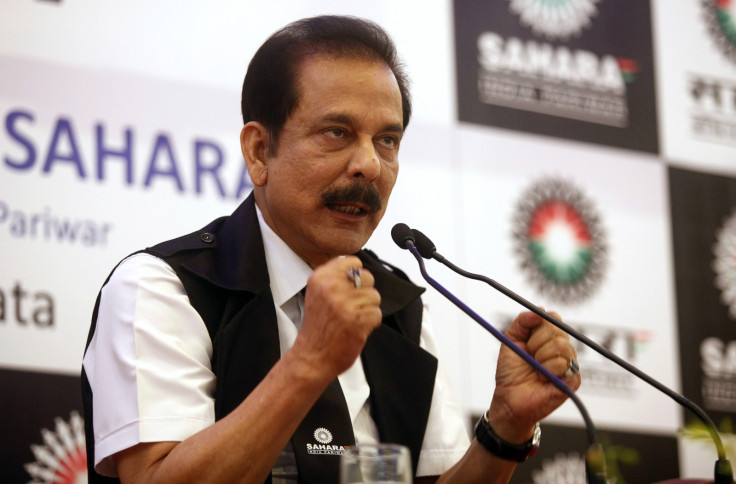India's Sahara to sue US firm Mirach Capital over deal collapse
Deal was key to raising funds needed to pay the $1.6bn bail of Sahara's jailed boss Subrata Roy.

Troubled Indian financial services group Sahara has said it will take legal action against US-based Mirach Capital Group after the collapse of talks regarding a $2bn loan transaction between the two.
The talks involved a loan by Mirach, secured against some of Sahara's properties, including London's Grosvenor House hotel. The failed deal was key to raising funds needed to pay the $1.6bn (£1.04bn, €1.4bn) bail of the Indian firm's jailed chief Subrata Roy.
Sahara, in a 12 February statement, said it was initiating civil and criminal legal action in the US and in India for "gross criminal conduct" by Mirach and its officials.
Sahara said it had discovered that Mirach did not have its own funds and was trying to put together a consortium to jointly finance the acquisition of its overseas hotels, including New York's Plaza and the Dream Downtown hotels.
In its response, Mirach said it was preparing its own legal action against Sahara and that a statement will be released later.
The Florida-based firm has rejected Sahara's allegation that it forged a bank letter and has accused Sahara of trying to "discredit and smear" its reputation.
Earlier, in an email to Sahara and some lawyers involved in the case, Mirach CEO Saransh Sharma said though the refinancing deal talks had been abandoned, the Supreme Court of India should allow it to buy the properties, Reuters reported.
Mirach asserted on 11 February that it wanted to bring a "swift resolution" in favour of Sahara's creditors, adding it had access to funds for the acquisition.
Earlier on Wednesday, India's apex court directed Sahara to submit a fresh plan for raising funds, which will be used to repay Sahara investors.
Sahara needs to deposit an initial $1.6bn to secure bail for Roy, 66, held at New Delhi's Tihar jail for almost 11 months in a protracted dispute over refunding billions of dollars to Indians who had invested in outlawed bonds.
© Copyright IBTimes 2024. All rights reserved.






